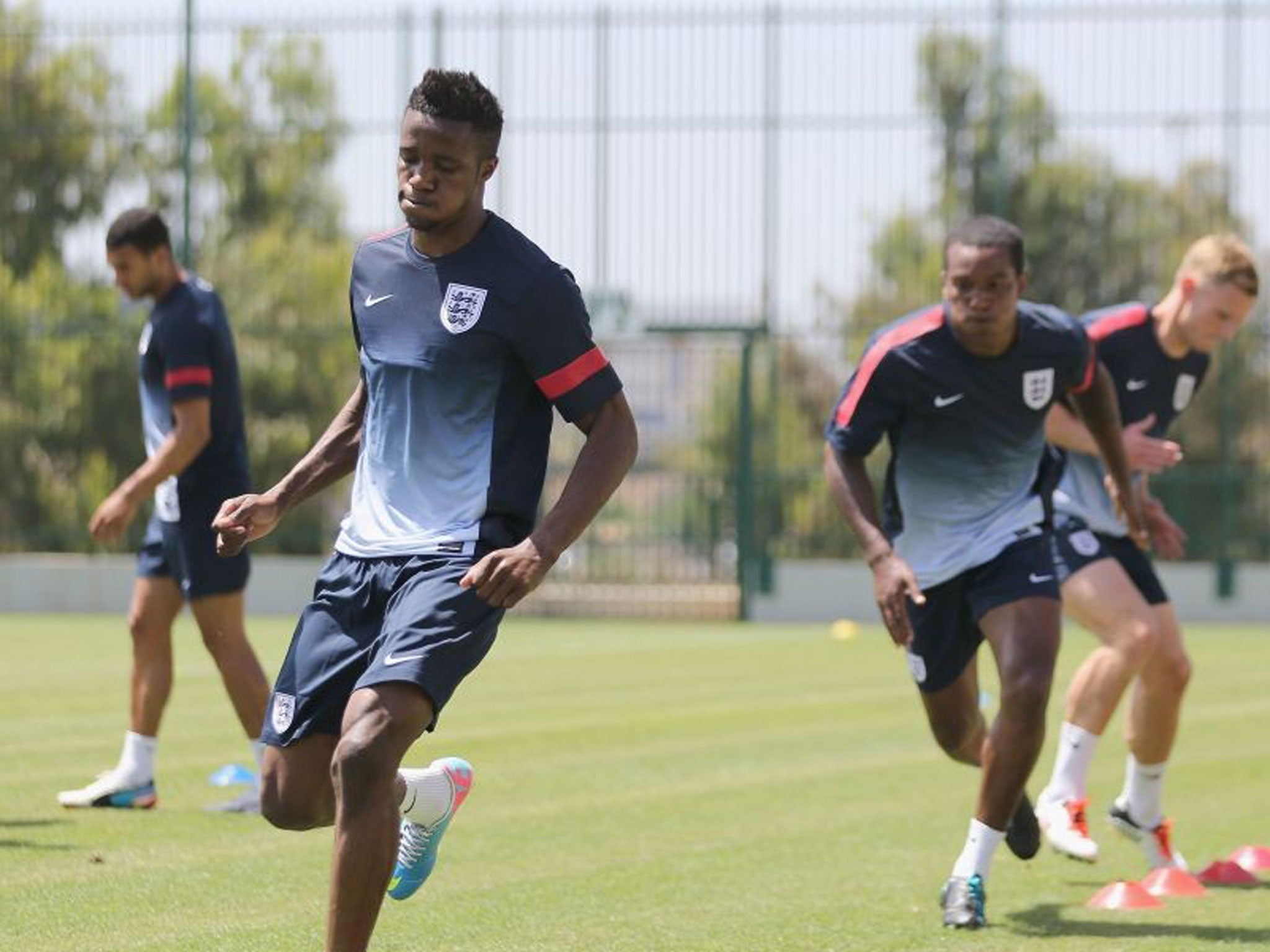Steve Tongue: Development and success – two contradictory aims for Stuart Pearce at the European Under-21 Championships
The quicker he develops players, the sooner they are moved up a level

The only country to qualify for the last four European Under-21 Championships – England – have won none of them and their senior teams have subsequently won nothing either. Rather like those full international teams, England's Under-21s under have proved adept at qualifying for tournaments and less successful once they arrive.
Yet the manager, who happens to have been Stuart Pearce throughout that period, repeatedly finds himself caught between two stools and therefore ends up falling flat on his back. Whoever is in charge of the age-group has two often contradictory functions: winning matches and developing young players for the senior team.
Worse, the quicker he helps develop them, the sooner they are swept up by the senior squad and made unavailable to him. Thus Phil Jones, Kyle Walker, Jack Rodwell, Danny Welbeck and Alex Oxlade-Chamberlain were all in Rio at the weekend, as would Jack Wilshere have been had he been fit, when all six are still available for this tournament (the qualification being a birthday on or after 1 January 1990). Any suggestion that they might have flown from Rio to Israel, however, would doubtless have brought howls of protest from their club managers; none of whom are English. The positive from this is that progression from one level to the next – indeed, throughout the England under-age development teams – has improved, and, as the impressive young goalkeeper Jack Butland pointed out on Monday, provides inspiration and motivation for the younger group. The odd exception, like Wayne Rooney, who never played for the Under-21s, may be fast-tracked through but it could be argued that even he might have shown greater maturity later had he done so. In general, the step up has become less steep.
What Pearce has constantly and rightly stressed is the benefit of tournament experience; which does not mean a pre-season four-club competition at Ajax or the Emirates Stadium. For a minimum of a fortnight, with a week's preparation beforehand, they are conditioned to play several competitive matches in a short space of time against varied opposition and styles, while using what is these days called "down-time" sensibly – no tennis in the heat of the midday sun, à la Gazza.
Ideally, "representing" the country comes to take on a wider meaning than merely playing for it; the youngsters should come to see themselves as ambassadors too, when out and about on trips like the war graves visit in Arnhem during the 2007 tournament. Media appearances and publicity too are more extensive since Uefa made one of its more sensible decisions in moving the Under-21 finals into odd-numbered years, between European Championships and World Cups.
Then there is the primacy of international football and teaching players to respect it, when so many of them at the bigger clubs are being brought up to regard European club competition as the Holy Grail.
So how is success for Pearce and his ilk to be judged – on results or the number of players who progress to become senior internationals? He made the point that sometimes it may be a year or so before that is apparent, citing the example of the German side of Mesut Özil and Sami Khedira who destroyed a weakened England to win the 2009 Under-21 tournament and provided half a dozen of the World Cup squad that did the same to Fabio Capello's finest 12 months later. It was Germany rather than England who did it, but there at least was proof that the two aims can occasionally be combined.
Join our commenting forum
Join thought-provoking conversations, follow other Independent readers and see their replies
Comments